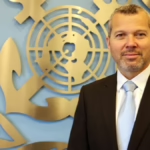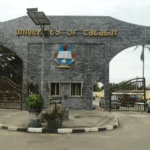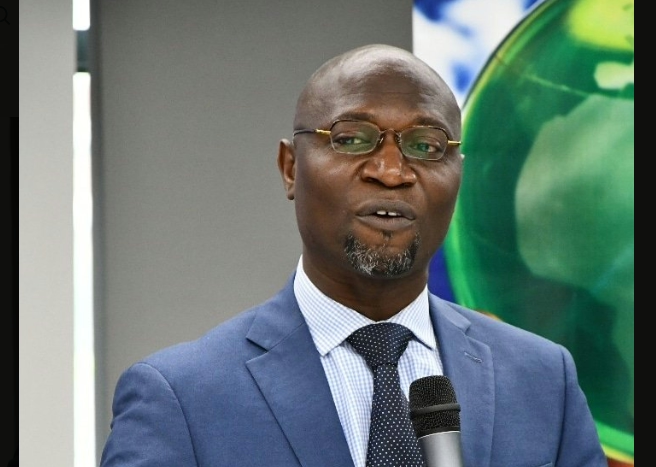Dr. Emomotimi Agama, Director General of the Securities and Exchange Commission (SEC) and Chairman of the West Africa Securities Regulators Association (WASRA), has called on West African nations to expedite the unification of their capital markets. This move is essential to amass the substantial investment required to propel the region’s economic growth.
Addressing the Experts Meeting on the Validation of the WASRA Charter and the formal recognition of WASRA as the regulatory authority for cross-border securities markets within ECOWAS, held recently in Abuja, Agama described this initiative as a pivotal milestone in the financial evolution of West Africa.
He highlighted the pressing developmental hurdles confronting the region, including inadequate infrastructure, climate resilience, digital innovation, and employment generation.
Agama stated, “Addressing these challenges demands capital on a large scale. The reality is clear: no individual national market can fulfill this requirement independently. Establishing an integrated regional capital market is no longer optional-it is imperative.”
Expressing concern over the sluggish progress of regional market integration, he warned that “delays translate into missed chances to secure funding for vital projects that could revolutionize our economies.”
He underscored Africa’s staggering annual infrastructure funding shortfall exceeding $100 billion, emphasizing that West Africa alone needs tens of billions to modernize transportation networks, enhance energy infrastructure, and develop robust digital systems.
“Without unified markets that consolidate liquidity and expand investor engagement, both governments and private enterprises will remain limited by narrow fiscal capacities and costly debt,” Agama explained.
Drawing parallels from international experiences, he pointed out how the European Union and ASEAN have successfully transformed their economies by standardizing regulations, building investor trust, and enabling smooth cross-border capital flows.
“The EU’s single market allowed companies to effortlessly access financing across nations, fostering innovation and competitiveness. Similarly, ASEAN’s harmonized standards and financial collaboration have fortified its regional economic resilience,” he added.
Agama emphasized West Africa’s vast potential, with a population exceeding 400 million and a combined GDP nearing $800 billion, positioning the region for even greater achievements.
He elaborated on the broader advantages of integration, noting that “in sectors like agriculture, unified markets can channel investments into value chain enhancement, agro-processing industries, and food security initiatives-key priorities for our communities.”
“In the realm of the digital economy, pooled regional capital can fuel innovation centers, fintech growth, and broadband infrastructure, ensuring West Africa’s active participation in the ongoing technological revolution,” he continued.
He further highlighted that harmonized regulations supporting cross-border capital mobilization could significantly impact youth empowerment and job creation across multiple industries.
Outlining WASRA’s mission, Agama explained that the association was created with the explicit purpose of anchoring and advancing capital market integration within the region.
Also contributing to the discussion, Nigeria’s Minister of Finance and Coordinating Minister of the Economy, Wale Edun, acknowledged the meeting as a crucial advancement toward a unified regulatory framework. This framework aligns with ECOWAS member states‘ collective vision to deepen capital market integration, boost cross-border investments, and strengthen financial stability.
Represented by Hassan Jibrin, Principal Economist at the Federal Ministry of Finance, Edun emphasized that endorsing the WASRA Charter draft is more than a procedural step-it is foundational for institutional alignment, regulatory collaboration, and sustainable market growth throughout the subregion.
From the ECOWAS Commission, Peter Oluonye, Acting Director of the Private Sector, stressed that successful capital market integration within ECOWAS hinges on the unified commitment of all stakeholders to harmonize regulations, practices, and standards acceptable across all member states.






















